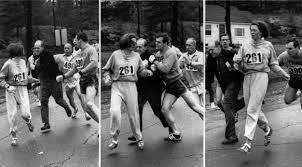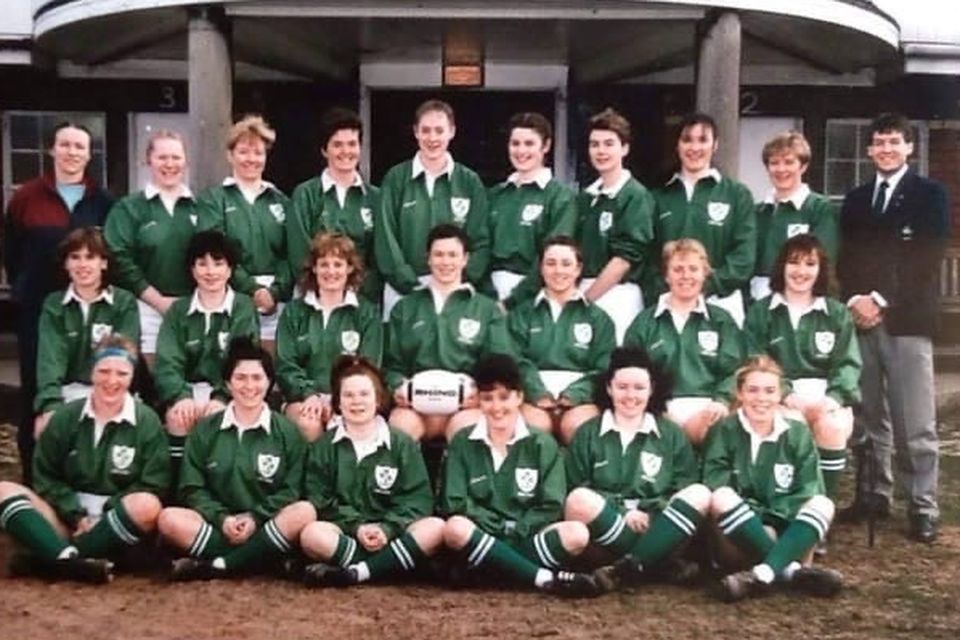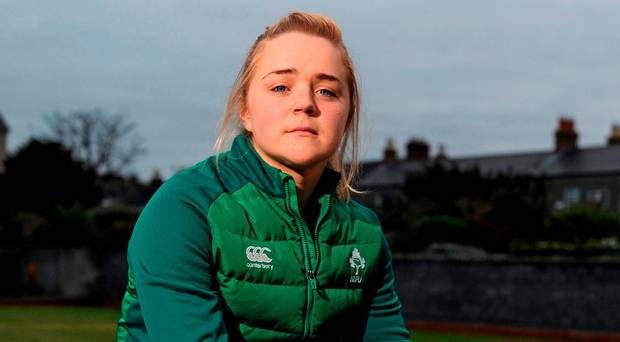In light of the recent article from RNZ regarding the Fijian women’s rugby players going unpaid and their captain publicly calling out the union, I want to take a look at why we see women having to seemingly fight for every little thing. Why is this?
My first blog article, inspired by Alice Soper….queen!
Thanks for reading Irish’s Substack! Subscribe for free to receive new posts and support my work.
WHEN rugby was formalised as the sport we recognise now, albeit
with many rule changes since, it was a men's game.
Men played it. Men ran it. Men benefited from it.
Women by and large didn't. But for a few exceptions, women didn't have the opportunity, or we weren’t allowed.
And my critics will say, "oh here she is ranting about men again, she just hates men".
That's absolutely not it. It’s about getting to the historical root of the issue. The truth, however uncomfortable.
Historically, women in society weren't included in sport, in almost all societies. We were actively, forceably and sometimes violently excluded.
In 1967 Katherine Switzer became the first woman to ever run a marathon. She competed in the Boston marathon and was violently attacked as she ran the
race. Some men saw it as an affront to them. The sport was theirs. How dare a woman try share it.

In rugby terms, the game began for men over a century ago, for women the formalised & organised game only started to take off in the 1990s. Ireland women played their first international in 1993.

For most people in charge of unions, those sat at the top tables, that's their lifetime, their generation. Many were adults already playing rugby or even retired, before women even knew it was an option for them to play in green.
Is it possible that the opposition Katherine Switzer, and many before her and after her faced, are a result of the same attitudes we still see in rugby unions today? Do those in charge not want to share? Do they not take usseriously? Do they think we're only there for tokenism?
In my opinion, yes.
Some do hold those attitudes. Not all. But enough people with enough power and influence do to really impact how we are treated.
So what's the solution?
I think we have largely two choices.
Wait it out. Fight every battle to slowly resist those attitudes. Fight for every inch, be loud, be uppity. These attitudes are in decline. Younger generations are more supportive.
But we're sick of waiting and we're sick of fighting.
So what's the alternative.
The indelicate answer is, by force. In the same way women have historically been forced out, we force our way in. And we have been for some time, with so many incredible trailblazers. What do I mean when I say force? We force those with the poor attitudes out. We force them to behave. We force them to include us.
But does that create meaningful change? Or does it harbour discontent and hostility?
Sometimes, yes. We cannot force them to respect us. We can only force them to build a fascade of respect. But that can be utterly hollow, as we all know.
So for me, the solution isn't one or the other. It's a blend of both.
Those who aren't too tired to, keep fighting. We find some patience. And when we can't or we won't, we pressure and force.

I think that's what we're doing. And that's why the Irish Women’s Rugby Supporters Club fan account exists as it does now. A small boat, in an ocean of women who demand change. Women like the Fijian Captain Sereima Leweniqila. Women like Clíodhna Moloney.
For me personally, I'm here to highlight the issues. It's not about
hating men. It's about countering misogyny and demanding better.
Anarchy, and negativity can serve a purpose sometimes. Many of the old blazers, current and former, of this community hate it and put enormous amounts of energy into opposing it. But it's necessary, unless or until those at the top proactively and whole-heartedly embrace the women’s game.
Don’t stop fighting, don’t be quiet, don’t tow the line.
Thanks for reading Irish’s Substack! Subscribe for free to receive new posts and support my work.
The same the world over...
Why do we see the same behaviour and attitudes to women in unions across the globe?